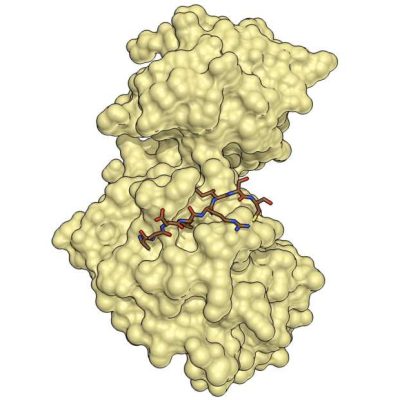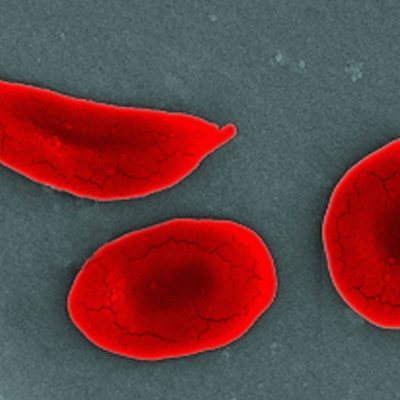A breakthrough discovery has been made in the treatment of anxiety disorders. Scientists at the University of Bristol have identified a gene that regulates anxiety in the brain, opening up new avenues for the development of medication to treat anxiety disorders. Anxiety disorders are widespread in Germany, with around 9% of men and 21% of women between the ages of 18 and 79 experiencing an anxiety disorder within a year. However, the effectiveness of current medication is limited, with over half of treated patients not experiencing complete relief. This is due to a lack of understanding of the neural networks that control anxiety and the molecular processes that lead to stress-related neuropsychiatric conditions.
The study focused on a group of molecules called miRNAs, which regulate various target proteins that control cellular processes in the amygdala, a brain region responsible for stress-associated anxiety. The researchers found that after an intense stress situation, there was an increase in a specific molecule, miR483-5p, in the amygdala of mice. This led to a reduction in the activity of another gene, Pgap2, which induces changes in the neural structure of the brain and behavior associated with anxiety. The scientists were able to demonstrate that miR-483-5p acts as a molecular regulator that balances stress-induced changes in the amygdala and contributes to the relief of anxiety.
The discovery of this new signal pathway in the amygdala is an important first step towards the development of new and effective therapies for the treatment of anxiety disorders. According to Dr. Valentina Mosienko, miRNAs are ideally positioned to control complex neuropsychiatric conditions such as anxiety. The miR483-5p/Pgap2 pathway, which has anxiety-reducing effects, offers an excellent opportunity for the development of anti-anxiety therapies for complex psychiatric conditions in humans. This breakthrough discovery could provide hope for the millions of people suffering from anxiety disorders worldwide.










